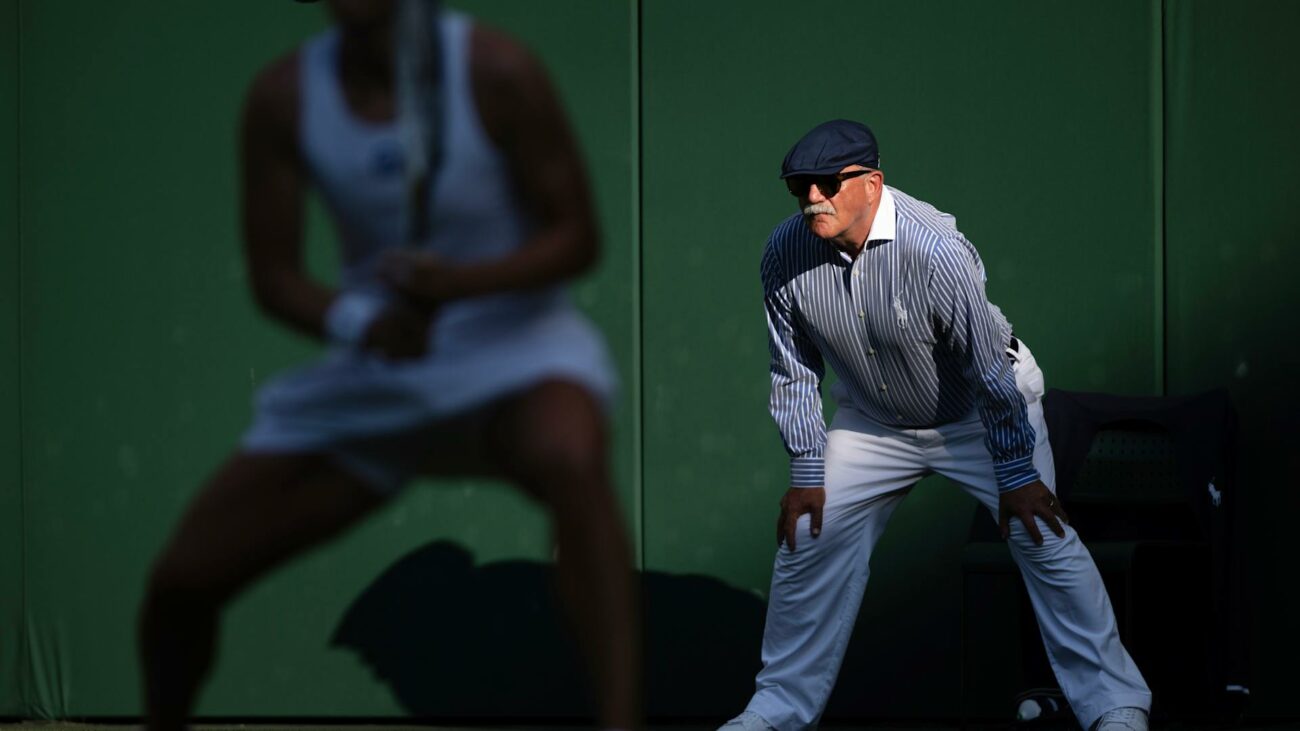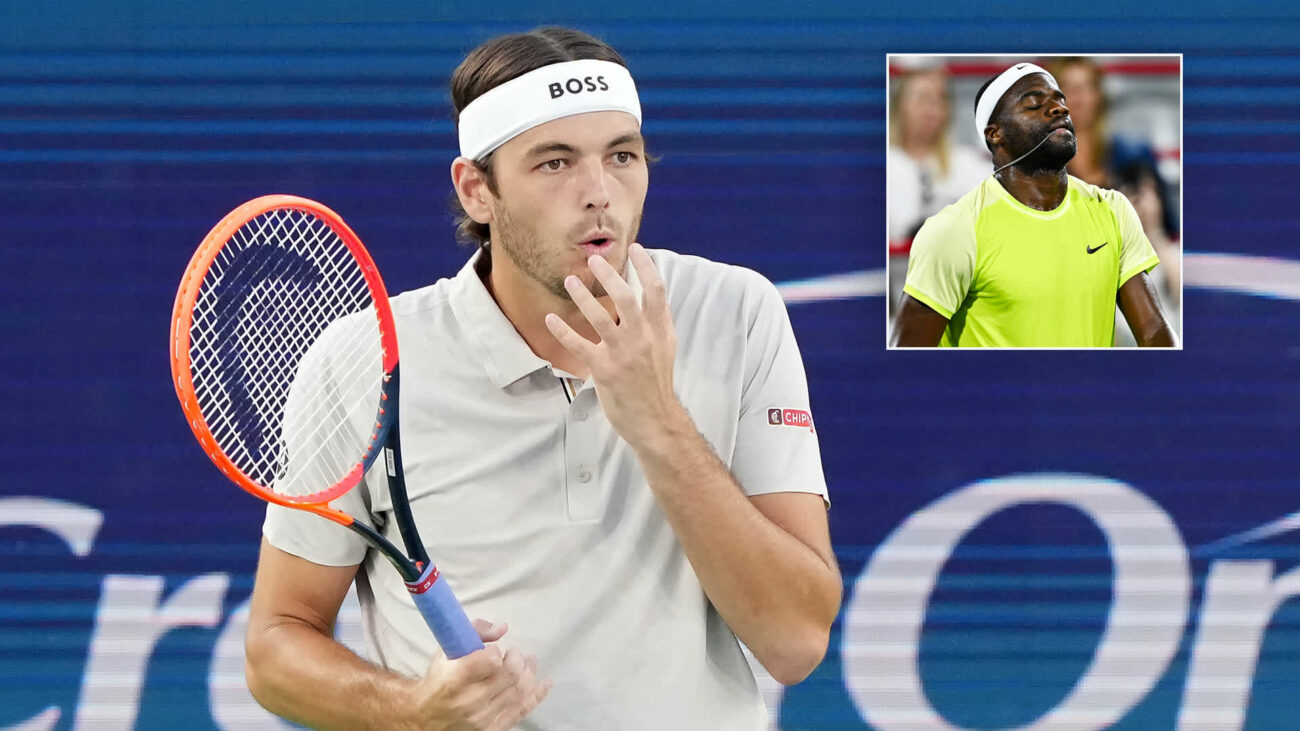Wimbledon to Implement Electronic Line Calling in 2025
Wimbledon Embraces Technology: Electronic Line Calling to Debut in 2025
The hallowed grounds of Wimbledon, the oldest tennis tournament in the world, are set to undergo a significant transformation in 2025. The All England Club (AELTC) has announced that electronic line calling (ELC) will be implemented on every court at next year’s event, marking a departure from the long-standing tradition of line judges.
This decision follows extensive testing during the 2023 Championships, which demonstrated the robustness and accuracy of the technology. “We consider the technology to be sufficiently robust and the time is right to take this important step in seeking maximum accuracy in our officiating,” said Sally Bolton, Chief Executive of the AELTC.
Wimbledon becomes the third of the four Grand Slams to adopt ELC. The US Open pioneered its use during the closed 2020 event, while the Australian Open followed suit in 2021. The ATP Tour is also set to implement ELC Live across all tournaments by the 2025 season.
“We have a responsibility to embrace innovation and new technologies,” said ATP Chairman Andrea Gaudenzi. “ELC has proven to be a valuable tool in enhancing the accuracy and consistency of line calls.”
While acknowledging the tradition of line umpires, the AELTC emphasized the need for progress. “Line umpires have played a central role in our officiating setup at The Championships for many decades and we recognize their valuable contribution,” said Bolton. “However, we believe that ELC will ultimately provide a more accurate and consistent officiating system.”
In addition to the introduction of ELC, Wimbledon will also adjust the start times for the women’s and men’s singles finals. Both matches will now begin at 4 p.m. instead of 2 p.m., while the doubles championships will precede them at 1 p.m. over finals weekend. The mixed doubles final will maintain its provisional place on the second Thursday.
These changes are part of Wimbledon’s ongoing efforts to balance tradition with innovation. By embracing technology, the tournament aims to enhance the accuracy and fairness of its officiating while preserving the unique atmosphere and heritage that have made it one of the most prestigious events in tennis.


